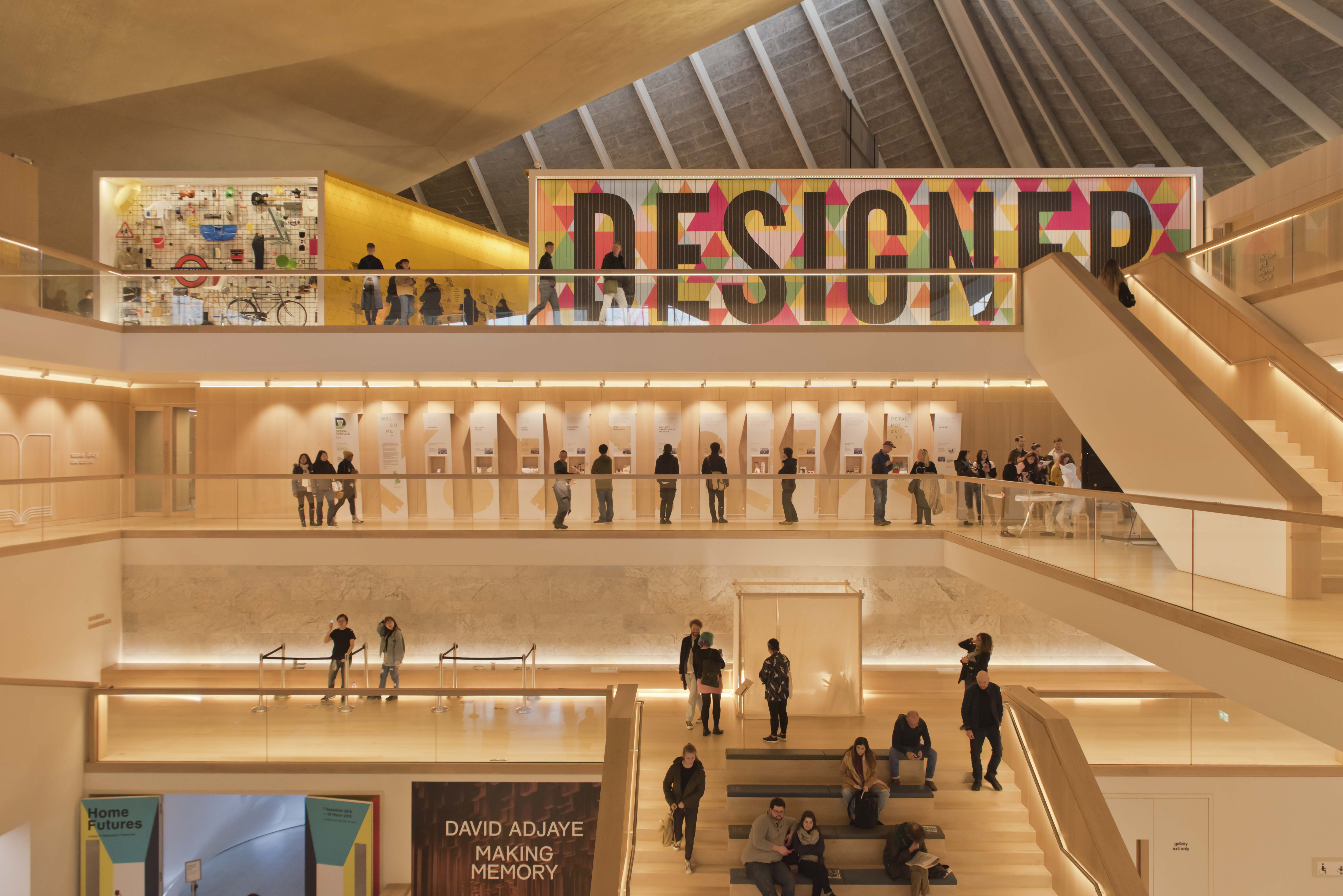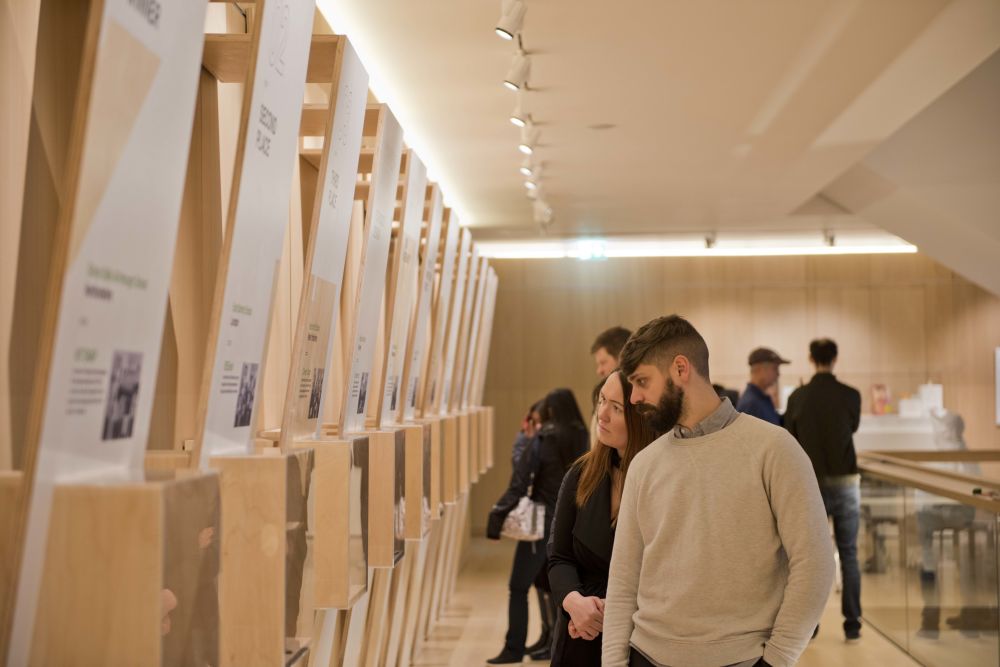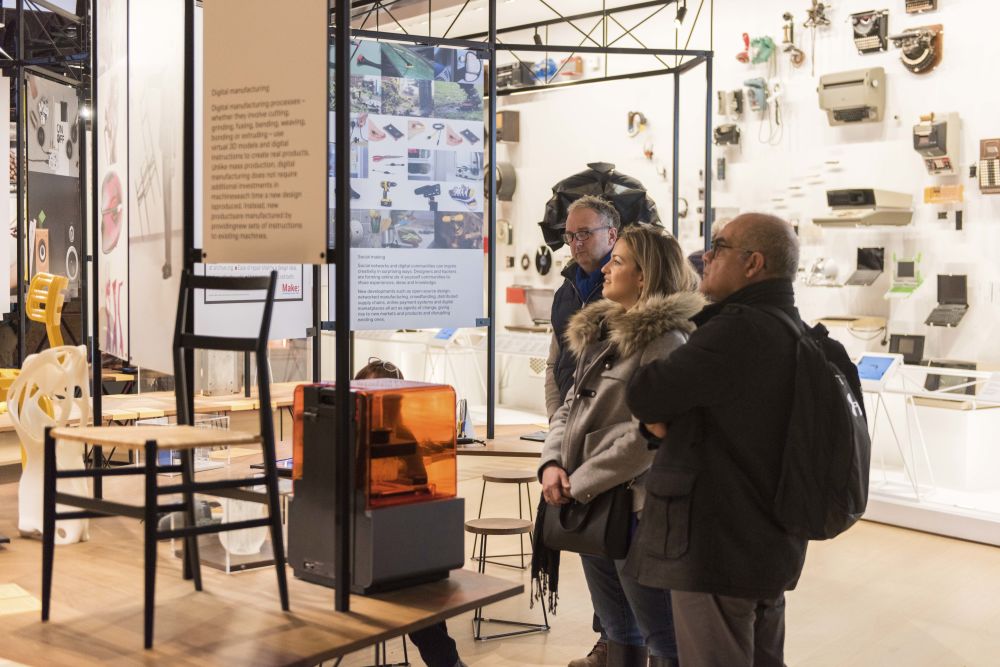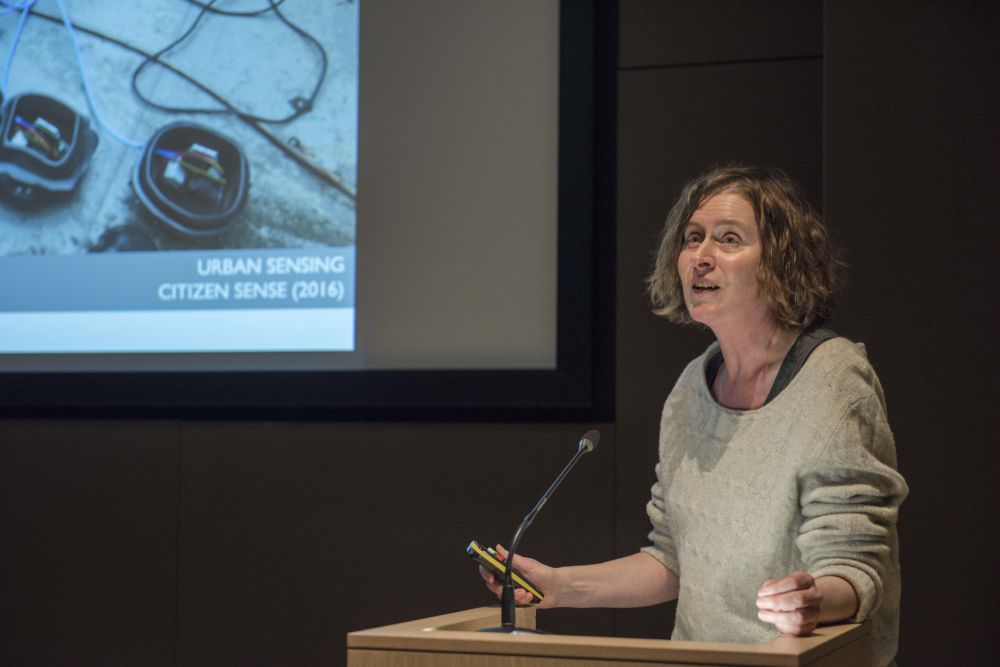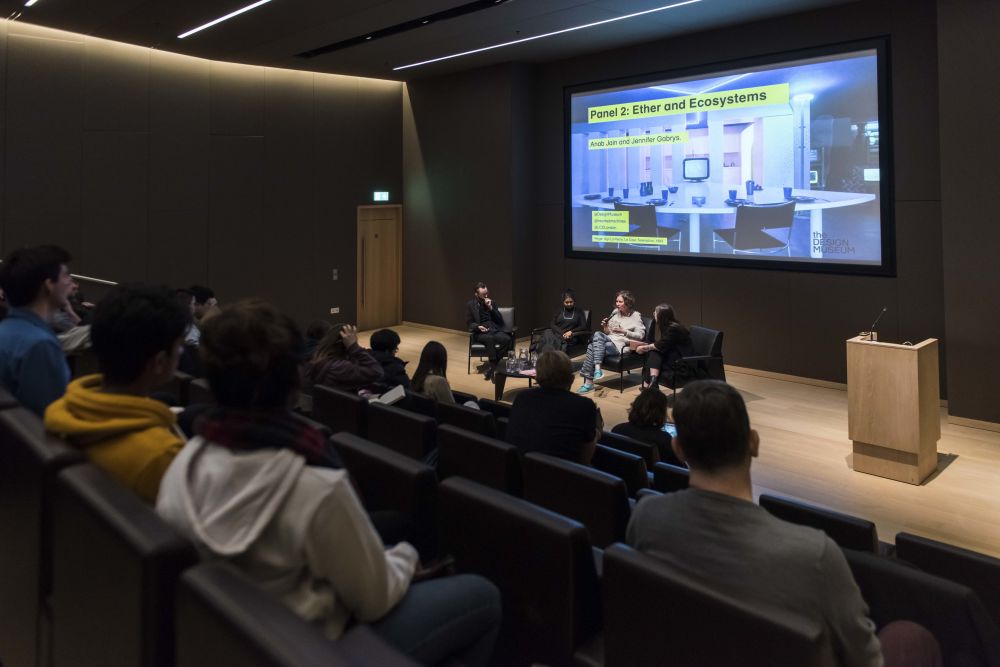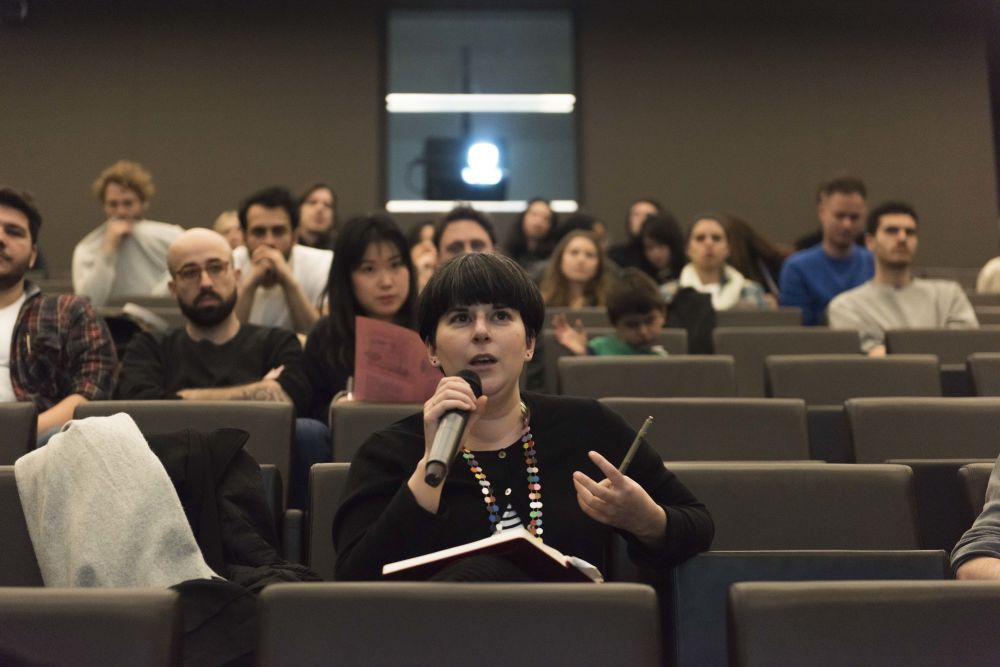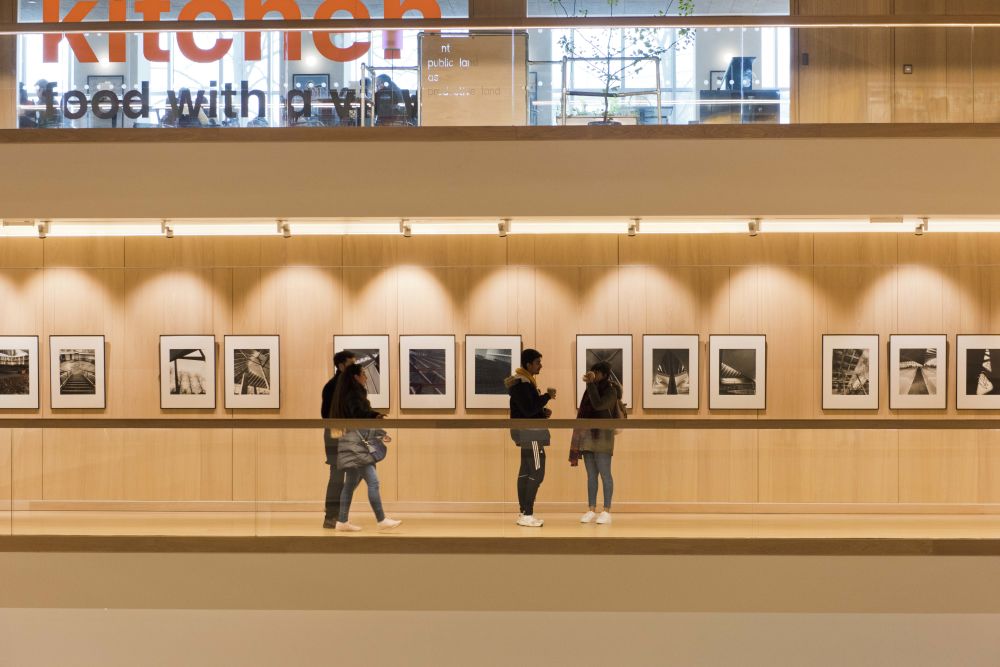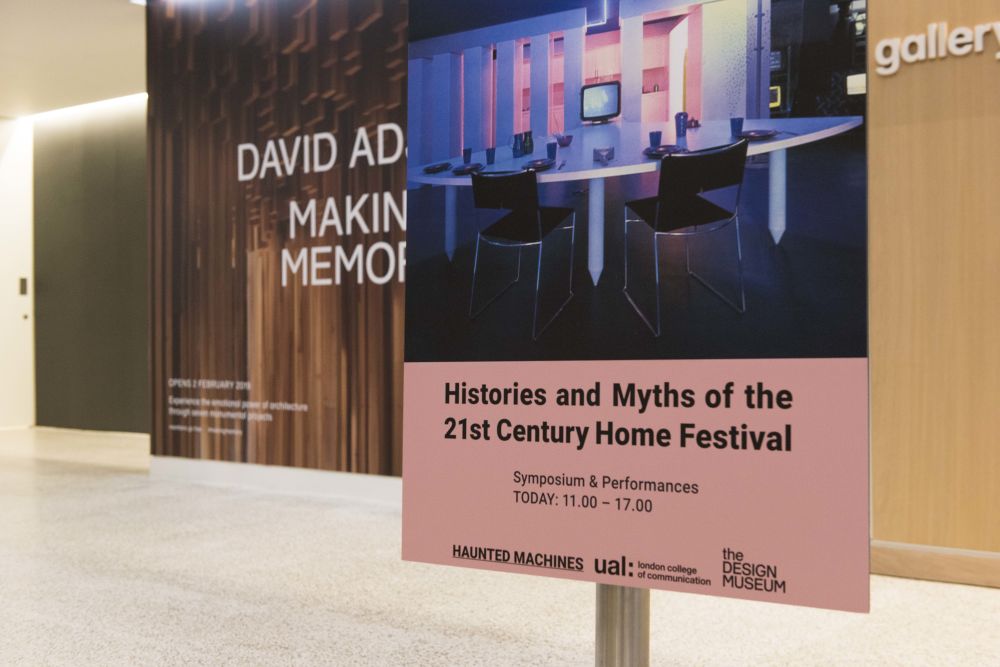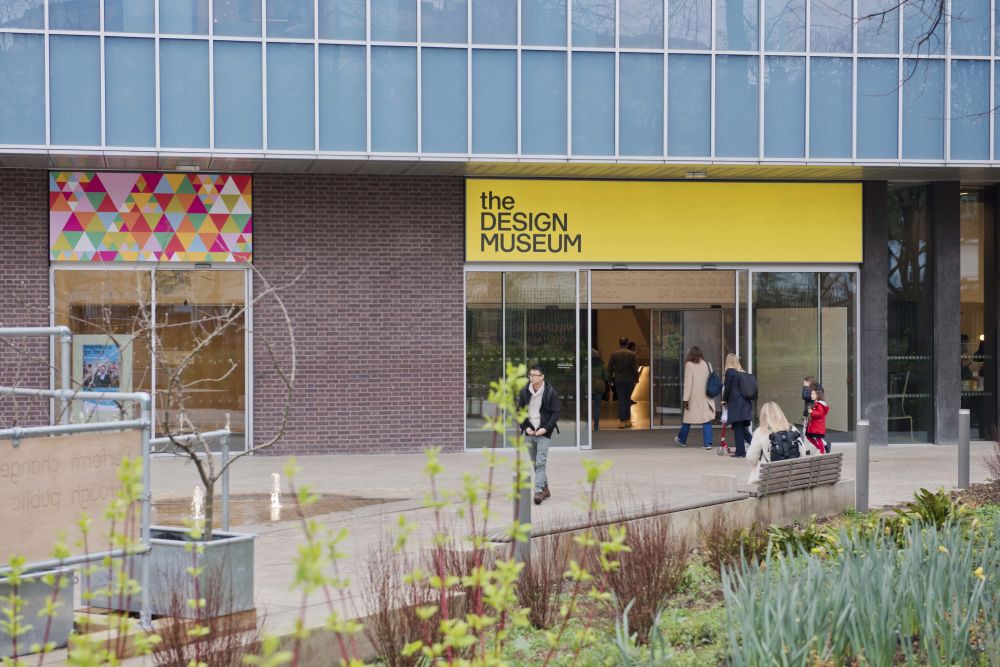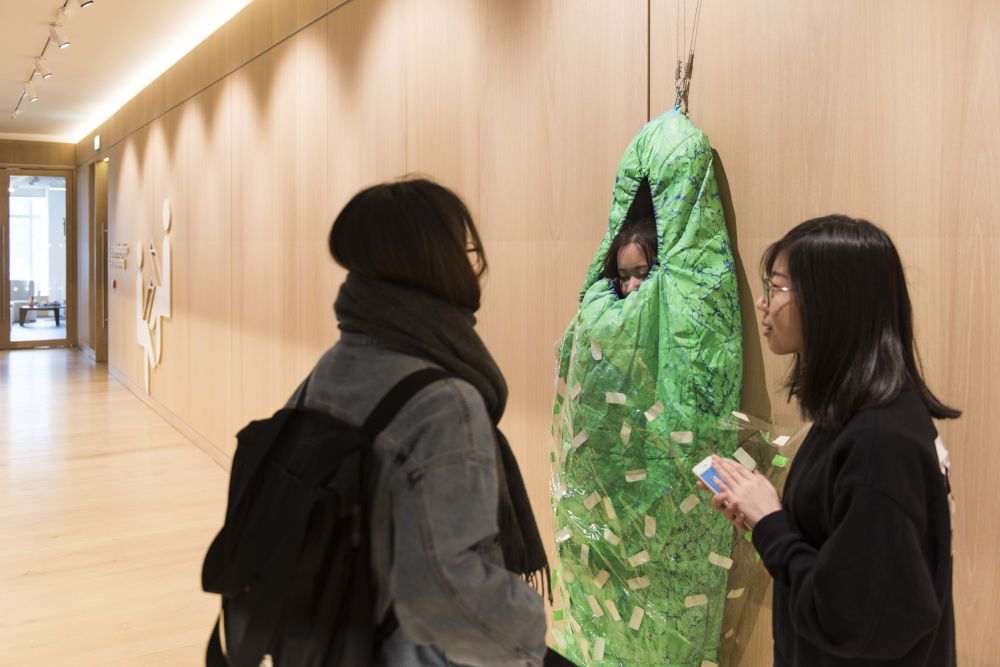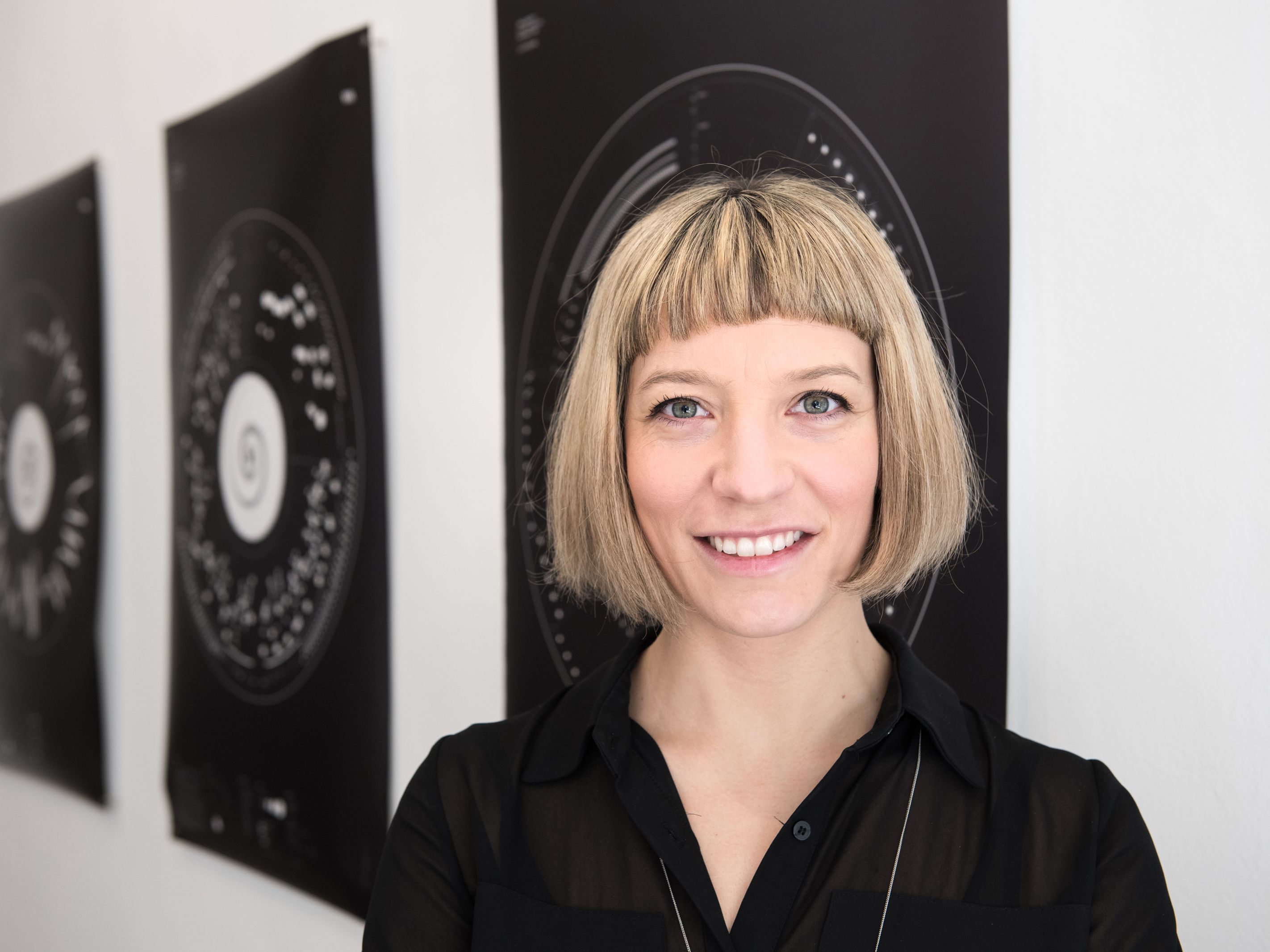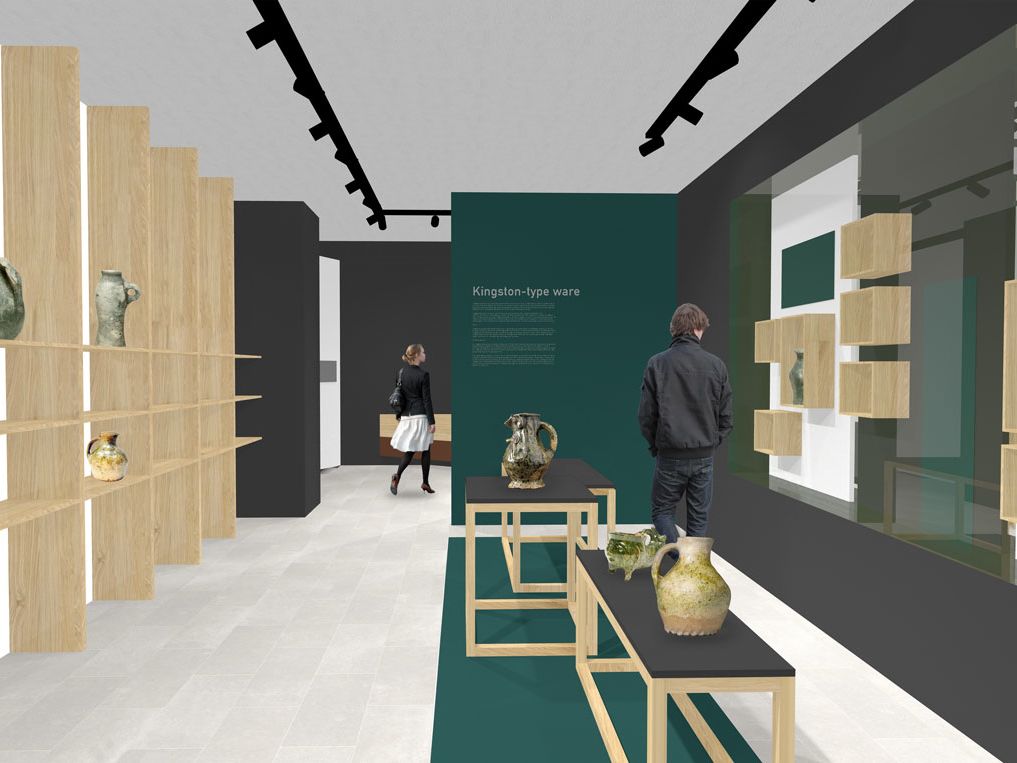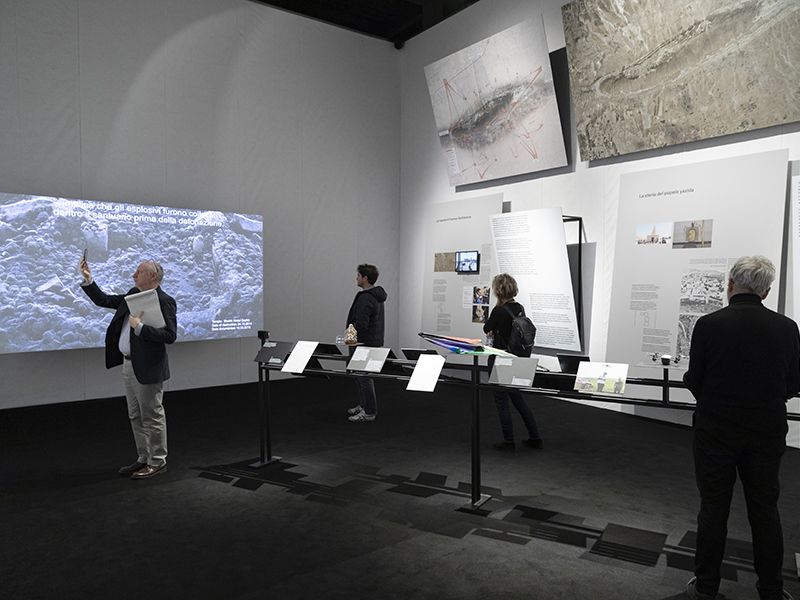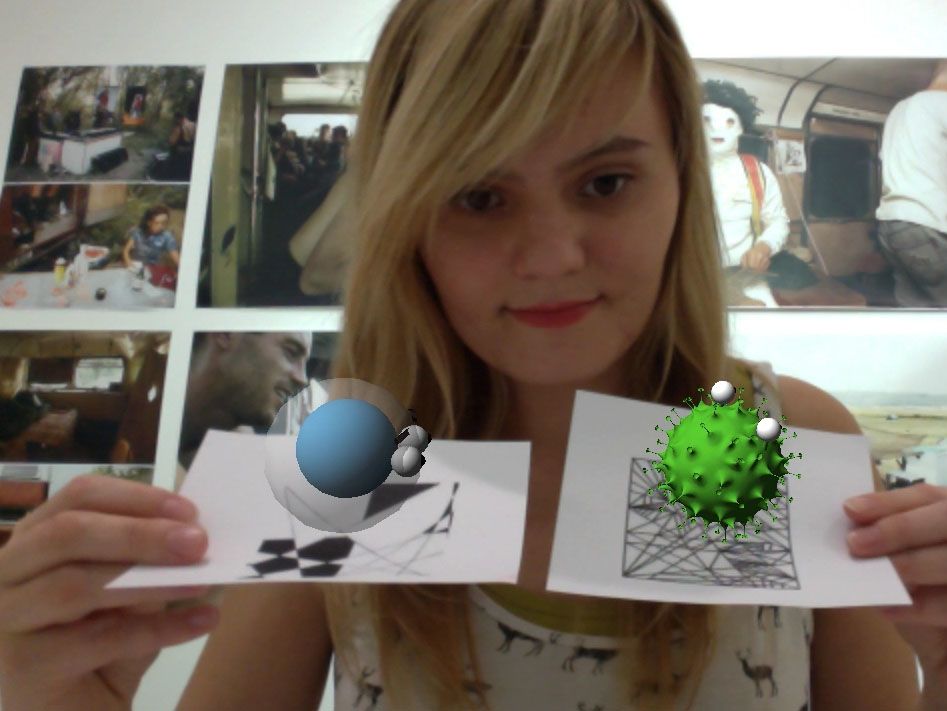London College of Communication design students collaborated with curatorial collective Haunted Machines and the Design Museum for an event exploring the ‘Histories and Myths of the 21st Century Home’. Maha Khan, BA (Hons) Journalism graduate, reports back...
MA Interaction Design Communication students exhibited their “interventions”, studio productions interspersed throughout the day, based on the theme of technology and artificial intelligence.
They worked with Haunted Machines, co-created by Programme Director for Graphic Design Communication Tobias Revell and designer Natalie Kane, to take over the Design Museum – showcasing installations, interactive performances, and hands-on workshop activities. Revell and Kane’s project investigates the cultural narratives and mythologies we construct around technology. Tobias was excited to host the “amazing line-up of speakers and works” at the Design Museum.
Undirected, a small design studio for finding solutions and making people reflect on human and artificial intelligence, displayed work at the festival – and their drawing workshop proved to be a favourite of the younger audience. Tiantian Xiang was part of the Undirected collective, saying that their message was to “remind people of the relation between AI and humans in the future and to encourage being more present”.
Another studio concept featured was Homed Nomad, an activist design group focused on the future of living on the street in the year 2040. Tetra Studio’s idea was about applying utopian thinking to solving issues, their motto was “living with less but connecting more”. Trams used algorithmic thinking in their studio project to create an “anti-smart” system of coloured stickers and word-association to form personality traits to highlight the problematic nature of smart technology misreading people and invading privacy to form an impression.
The one-day festival also included talks and panels on topics ranging from demons to ecosystems to afterlives. Prominent researchers, leading designers, and theorists from well-known institutions and organizations contemplated how home designs from 20th century have been applied to the 21st Century.
Gallery
Anab Jain and Jennifer Gabrys spoke about the threat of climate change and the ongoing collapse of the systems we depend on to live. Jain, a professor of Design Innovations at the University of Applied Arts, Vienna and a self-described “archaeologist of the future” talked about sentient technologies, trust, and how the “tools we are creating to master the world, are remastering us, as ecological and climate change collapse cannot be separated”. Gabrys presented her project Citizen Sense, built on a larger investigation of sensors to understand how they inform environmental practice, which employs dust boxes to monitor the atmosphere.
Alison Powell, Professor in Media and Communications at the London School of Economics, Matt Malpass, Reader in Critical Design Practice at UAL, and Henry Cooke, a senior producer and creative technologist at BBC Research and Development, explored the role of design and contemporary technologies in imagining the future of home, cities, and forms of life we could have. Powell and Cooke enlisted a philosophical outlook of thinking about homes while Malpass reflected on the uses of past objects to gain an insight into the future, musing that we are living in a terrible “version of a black mirror episode”.
The event was attended by LCC staff and students, who eagerly partook in the discussions of technologies role in the future home and the thought-provoking interactive displays and installations produced by the students. Elaine Zhang, a User Experience Design post-grad said that, “it was immersive and engaging, I’ve really been enjoying the activities!
Intrigued about the course?
- Find out more about the BA (Hons) Journalism
- Find out more about MA Interaction Design Communication
- View upcoming events and exhibitions at LCC
